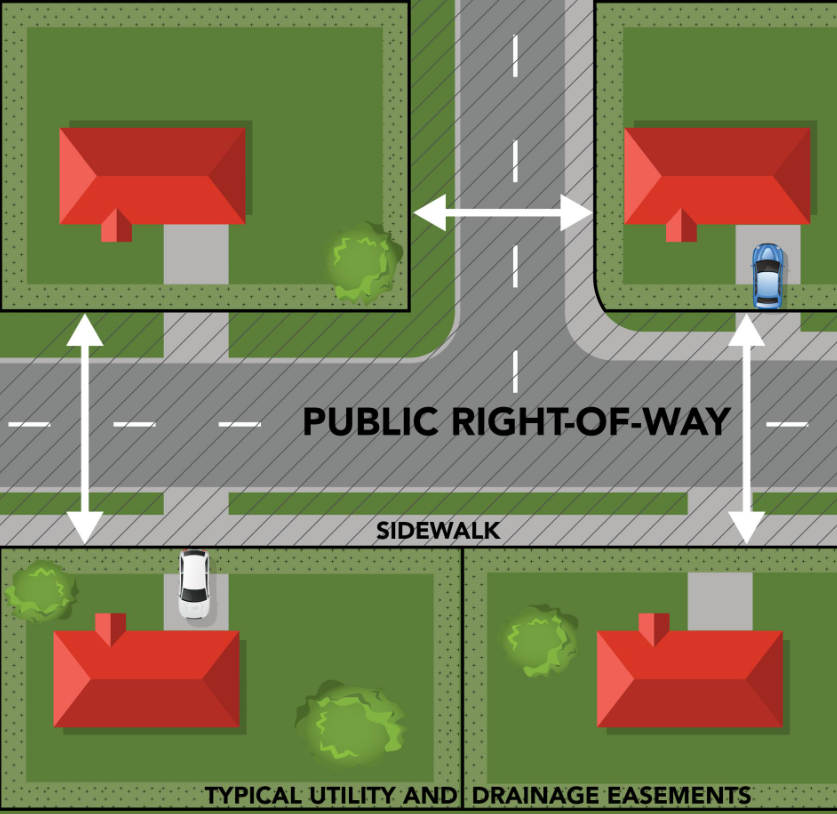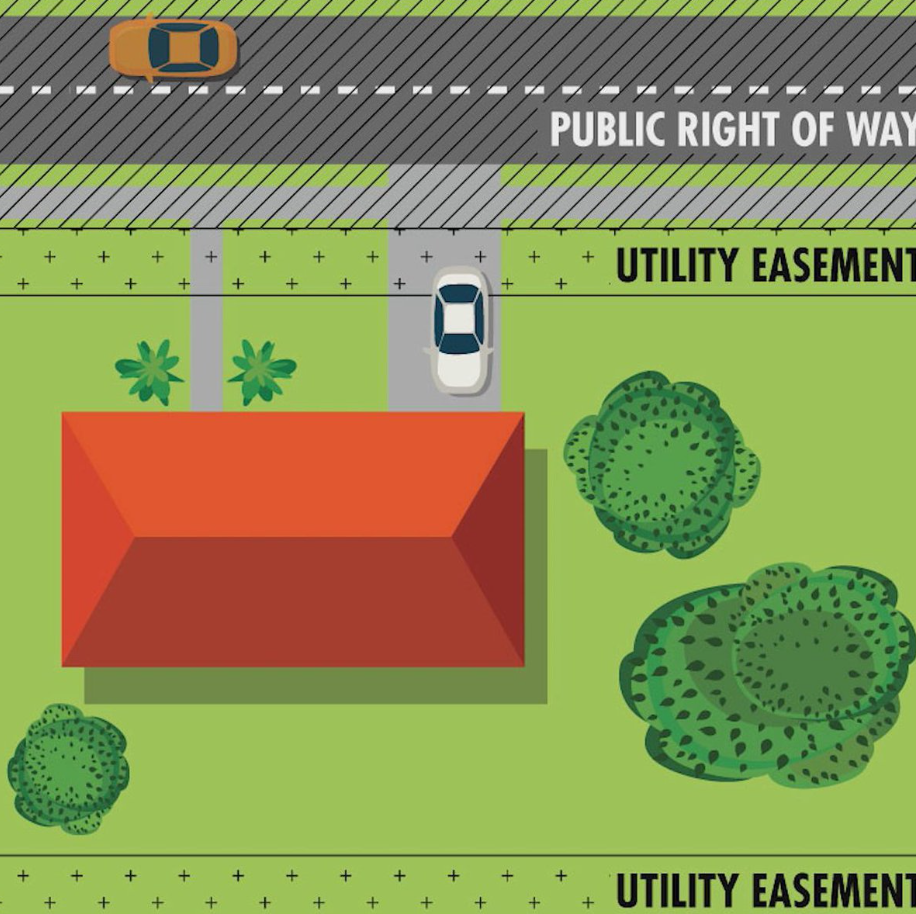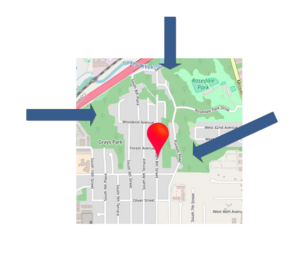An easement is a legal right that allows someone to use another person’s property for a specific purpose, such as accessing a piece of land or a utility line.
Hello there! I’m Sherien Joyner, your friendly and knowledgeable realtor in the North DFW, Texas area.
Today, I would like to shed some light on a topic that may seem more complicated than it actually is – the concept of easements.
Understanding Easements
In the simplest of terms, an easement is a legal right in Texas that allows a person to use a portion of another person’s property for a specific purpose.
Such a purpose could include using the property for access, placing utility lines, or preserving a treasured historical feature or a natural resource.
Types of Easements
When it comes to easements, there is quite a variety to consider. Here are some common types you’ll come across:

1. Right of Way Easements:
This type of easement is probably the most common. It allows a person to pass through another person’s property.
In our area here in North DFW, you’ll often find these in densely populated neighborhoods where homes are built close together.

2. Utility Easements:
Utility companies often hold utility easements.
They allow the utility company to install and maintain utilities like electric, gas, or water lines on a property.

3. Conservation Easements:

Conservation easements are typically held by government entities or conservation organizations.
They serve to limit the use of the land to preserve natural resources or other features. Cloverleaf Plaza in Denton is a prime example of this type of easements.
Getting Easements Granted
An easement is typically granted via a written document such as a deed or a will.
For example, if you were purchasing a home in Plano, an easement would be included in the standard closing documents.
However, an easement can also get implied over time due to prior use of the property.
How does an easement get implied over time in North DFW Texas?
An easement can be implied over time in North DFW, Texas through a legal concept known as prescription.
This often occurs when a person uses a portion of another person’s property without permission for a certain period of time. According to Texas law, this time period is typically 10 years.
The person using the land must do so openly, continuously, and without the owner’s consent.
If the owner does not stop this usage within the 10-year period, then the person using the land may have a legal claim to an easement.
The individual claiming the easement must prove all elements of their claim, as the courts generally presume in favor of the landowner. The elements include:
1. The land has been used for 10 or more years.
2. Use has been continuous.
3. The use has been visible (apparent) or known to the owner.
4. The use was without the owner’s consent.
5. The use was for a specific purpose.
If you believe that you have a claim for an easement by prescription, or if someone is making this claim against your property, you should consult with a real estate attorney in your area. They can guide you on the best course of action based on your specific circumstances.
Rights and Responsibilities
In an easement, the person who uses the property called the easement holder, does not own the property. The property owner, referred to as the servient estate, still has legal ownership.
However, the easement holder can use the property within the specified limits of the easement.
While the easement holder does have rights to use the property, they also have responsibilities.
They cannot make changes outside of the allowed use or interfere with the property owner’s right to use and enjoy their property.
For example, if a utility company holds an easement to run power lines through your property, they cannot construct a large structure that would block your view.
Also, the property owner cannot interfere with the easement holder’s rights.
Suppose your home in Carrollton has an easement for your neighbor to use your driveway. In that case, you cannot block the driveway or make it otherwise inaccessible to your neighbor.
Significance of Easements in Real Estate
In terms of real estate transactions, the presence of an easement can have a significant impact. An easement can buying a home negatively affect the value and use of the property.
For instance, a conservation easement on a property in Irving that preserves a beautiful natural area could increase the property’s appeal and value.
Conversely, a utility easement where frequent maintenance is needed could decrease the property’s appeal.
Before you purchase a home, it’s vital to understand any easements that might apply.
Your real estate professional, along with your title company, will review the property’s title history to identify any outstanding easements.
Understanding easements can be a bit complicated, especially when purchasing or selling a property. But don’t worry, I’m here to help!
I hope this article provides an understanding of what an easement is and how it works.
Still, should you have any questions about real estate in the North DFW area, feel free to reach out to me, Sherien Joyner. I’d be delighted to assist!
Popular Easement FAQ’s
What exactly is an easement?
An easement, in real estate terms, is a legal provision that gives another party the right to use a part of your property, though they don’t own it.
It typically involves infrastructural elements such as utilities, access roads, or shared driveways.
What are the different types of easements?
Easements can be categorized into different types: easements by necessity, which involves the use of a property for access purposes; prescriptive easements, that may be established if a property is used openly and continuously; and utility easements, which allow utility companies to install and maintain lines on a property.
Can I block or terminate an easement?
Blocking or terminating an easement can be a complex process and usually depends on the nature of the easement.
In some cases, mutual agreement between all parties, a court order, or the cessation of necessity might terminate an easement. Always consult a property lawyer or realtor for advice.
Does an easement reduce my property value?
An easement may potentially affect your property value, primarily depending on its type and its impact on the property’s use.
However, in many cases, easements such as those for utilities have little effect on property value.
Are easements permanent?
Typically, easements are permanent and “run with the land”, meaning they remain in place even when the property is sold.
However, understanding the longevity of any easement is always best checked through legal documentation captured during the title process.









